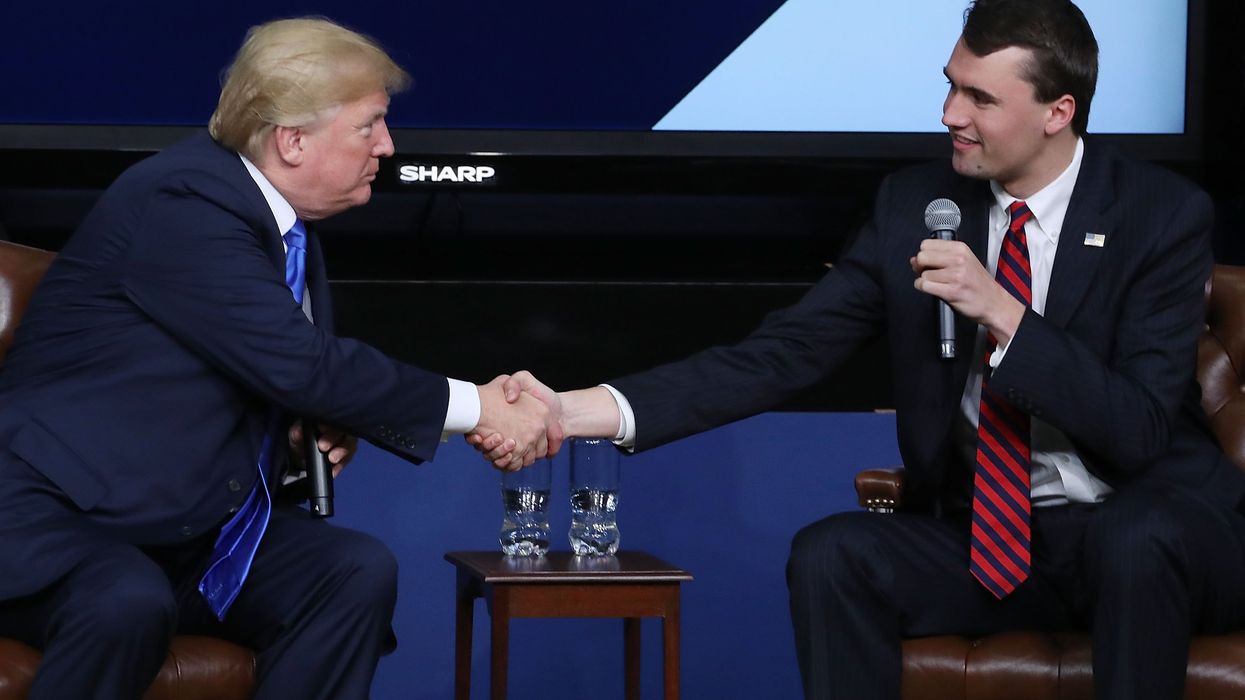by Pete Scobell, Fmr Navy Seal Officer
When the initial reports of the Benghazi attacks began to surface along with reports detailing attacks on the Embassies in Cairo and Sanaa on September 11th, I wasn't surprised. Like many other Americans, I assumed that those in the Embassies were prepared for this contingency given their locations and the symbolic date. I was saddened to hear of Ambassador Chris Steven's death as well as the "other Americans," and my sadness was deepened when I learned that two of the Americans killed in the attack along with the Ambassador were former Navy SEALs, one of whom was a friend and former teammate. Little did I know that this would develop into the debacle it has since become. All political drama aside, the piece of this story I choose to hang onto has nothing to do with the finger pointing or political side stepping aimed at preserving the integrity of the current administration long enough to get reelected. Men sacrificed themselves for one another and for their country. What kind of a man, in the face of overwhelming odds, knowingly and freely lays down his life for the man next to him? Glen Doherty and Ty Woods did just that. At that moment it didn't matter that they had been Navy SEALs or that they were now contractors operating under different laws and rules of engagement. History doesn't remember "Golgatha Gate" and the political fallout of crucifying Jesus. An entire religion was born from that simple act of suffering and sacrifice, not the reelection of Pontius Pilate. I'm not implying that Glen and Ty were the sons of God and that President Obama is the fifth Perfect of the Judaea Providence. What I'm saying is that politics and bureaucracy trend towards failure and that individuals have the capacity to instantaneously realize divine greatness despite being captives of a flawed and broken system led by individuals who do not possess comparable character.
Take their past and future out of the convoluted story and focus on the cold hard truths people face when in combat. You either fight or you run. What makes a person stand and fight to the death? Is it an oath to a piece of paper or a paycheck? No. People fight to the death for the respect and love of the individuals next to them. It's their common lives , shared suffering, and love for one another's unlimited futures that keeps them in the fight. The actions of two Americans in battle and the character they displayed in the face of overwhelming odds should be what guilts this administration into letting the truth be told. When I learned that Glen and Ty engaged the enemy until the very last breath of air left their lungs, my sadness turned to pride, and my pride to envy. They were blessed with warrior's deaths and they died fighting alongside one another. Their actions should make all of us ask ourselves hard questions. For those who understand what I'm talking about, no explanation is required, and for those who don't, these are the only words I can find in a feeble attempt to describe it. My heart goes out to Glen and Ty's families. The confusion and grief that follows the loss is unbearable at times. However, I hope eventually the families can put aside the politics and the hate for those who should have and most likely could have acted in the aid of their loved ones. When this all settles, I believe what will remain is the towering example of character these two men displayed. When this is all said and done, this event should not be remembered for the failure and lack of character displayed by the political leadership, but rather by the simple and powerful act of selfless sacrifice by individuals for one another.
The truth will come out, it always does. I know the truth is sitting in someone's gut somewhere and it's eating them up inside. The moral dilemma they are wrestling with will only continue to grow and consume them until they are compelled to act in order to preserve their own character and soul. I just hope it is not too late...
Even without hearing a formal explanation from the Obama Administration or the State Department , it seemed fairly apparent from the onset that given the location and the significance of the date (9/11), these attacks had to have been preplanned and coordinated. I was shocked to hear the "cause" identified by the Obama Administration was a video on YouTube. I actually laughed out loud when I heard that... it's 9/11, we've been at war with Islamic Extremists for over a decade. The attacks came on the heels of the Arab Spring. Muslim Brotherhood influence is rapidly expanding along with anti-American rhetoric from the newly elected President of Egypt....nope, it was the result of a YouTube video. I was insulted. Does the Administration really believe the American people are that ignorant?
This mess was created by the administration in an attempt to minimize failures in leadership by their appointees. In truth, with all that is going on in the world, the American people may have just forgotten about the incident and written it off as an unfortunate result of American insensitivity. However, in an interesting twist of fate, it seems that the monster the administration created in the wake of the Bin Laden raid came back to bite them.
What the administration failed to take into consideration is that right now (good or bad) America is obsessed with Navy SEALs. I'm sure that none of the official intel briefings contained that information, because prior to the Bin Laden raid it held little or no weight. Glen and Ty were working as civilian contractors and contractors have been sufficiently demonized by the press throughout the Iraq war to the point that the administration probably assumed they could brush this off without much of a backlash. Who cares about a couple mercenaries who murder women and children getting killed?
Glen and Ty were members of the SEAL community which has received much more press than it should have gotten in the past few months. They fought and died just as they would have when they were on active duty. They were civilians on a contract, but somehow the SEAL ethos has taken precedence over the mercenary label previously given. The fact of the matter is that they were not on active duty serving as Navy SEALs. They were civilians working on a 1099. What's the difference? Ask a lawyer...it's a big difference. I'm betting the administration was hoping to minimize this event and their plans were foiled by America's love affair with the SEAL Teams. They fought and died by the SEAL ethos in defense of their beloved country. They did what every warrior would have done. They stood between the sheep and the wolves. It was the right thing to do. The situation they found themselves in is one that many former SOF operators turned contractors have found themselves in...high and dry. In this case their past didn't come back to haunt them. Instead, Glenn and Ty's past is coming back to haunt those in the administration who wished for their own leadership failures to pass under the American public's radar.
When you take the spin out of the equation, remove the election, and look at this from an objective standpoint, you see a slow bureaucracy,a lack of contingency planning constrained by a complex legal justification for overt military action in a sovereign nation on a compressed timeline with less than optimal real time intelligence. In short, a recipe for disaster. This complex mixture of politics, inner agency struggle, lawyering and failure to act will eventually be pinpointed somewhere within the middle of The State Department where politics and nuance trumps action , where management is trying to save their own asses in order to get ahead. Secretary Clinton's blanket acceptance of responsibility is evidence of this failure.
Could this have happened under anybody's watch? Of course. What is telling is how the administration handled the incident. There was a blatant failure in leadership somewhere in the chain and instead of admitting it, identifying it, and taking steps toward fixing it, they instantaneously moved to deflect the entire event. Since that didn't work , they are attempting to use any and all events as a platform to move past the event.
It is not the failure and the loss of life that bothers me. That's a cold thing to say, but anyone who has spent time working within our Government bureaucracy understands how poorly it operates and that these events will happen regardless of who is at the helm. What's extremely troublesome is that the character and valor being displayed at the lowest levels consistantly and without exception outshines the "leaders" at the top of the chain. This is not a recipe for success. Transparency is what we need as a nation right now and we need to face some painful truths. Glen and Ty were just two Americans trying to do the right thing and in the pursuit of what they believed to be right they sacrificed their lives without concern for their own fate. Isn't that the kind of character we should demand of our elected leaders? Glen and Ty died for one another in the defense of their country and they didn't even have an election right around the corner. I would hope that someone in middle management at the State Department sees the example these two men set and choses to tell the truth and shed some light on the graveyard of integrity that is their leadership.

 Mark Wilson / Staff | Getty Images
Mark Wilson / Staff | Getty Images
 John Greim / Contributor | Getty Images
John Greim / Contributor | Getty Images